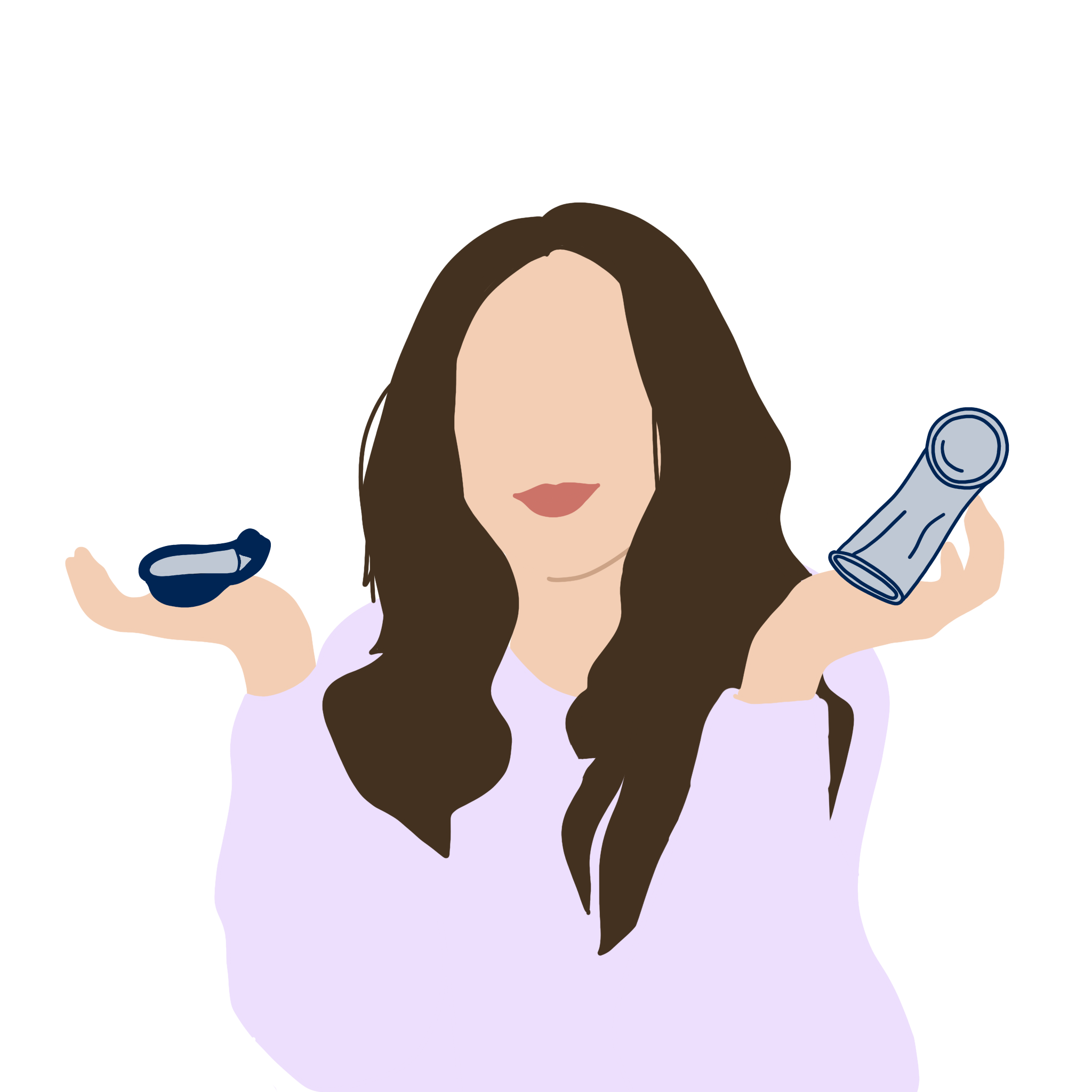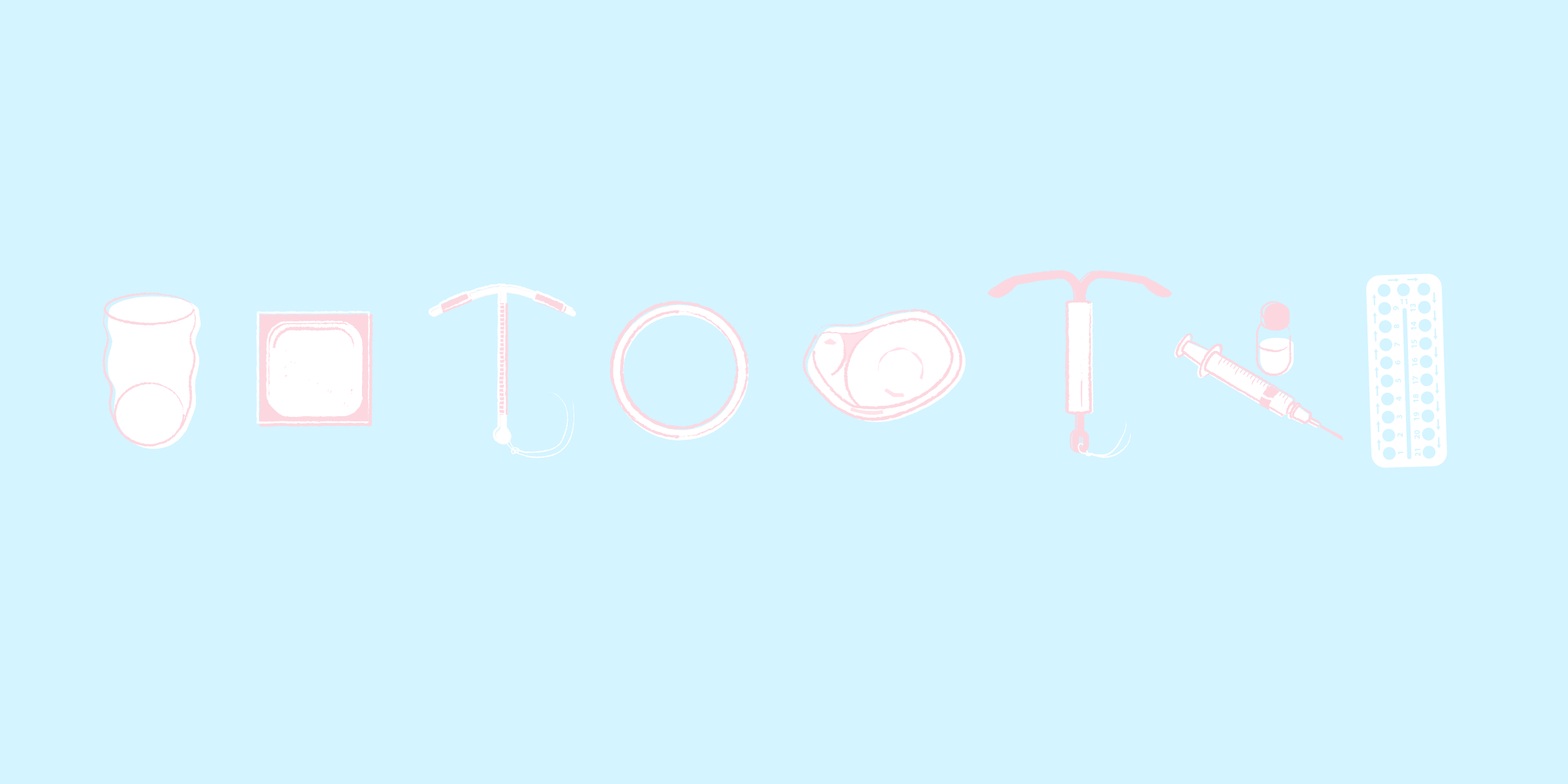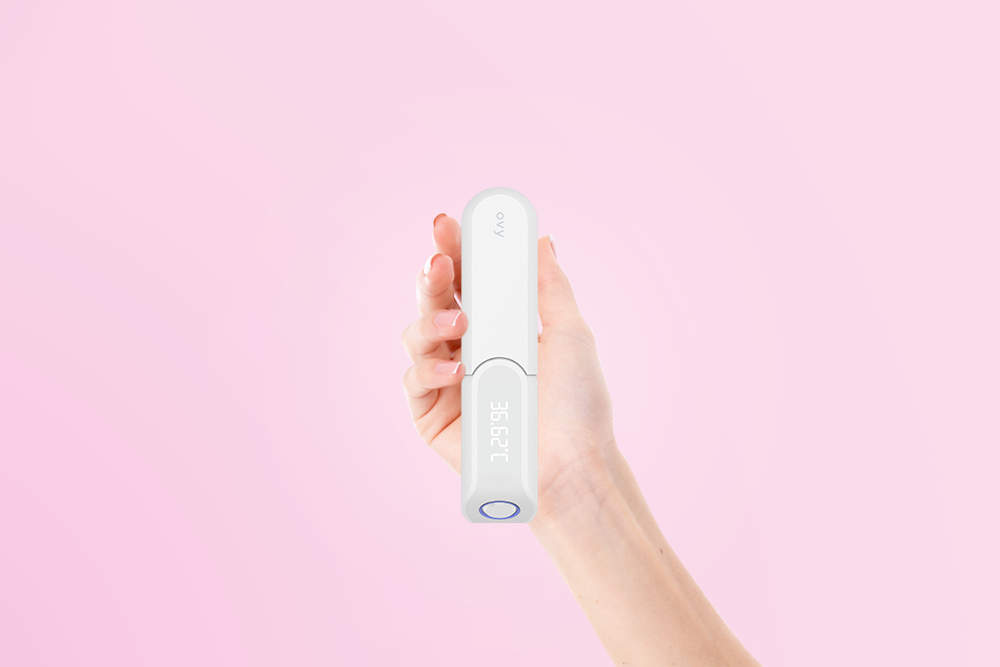Key Takeaways
- Postnatal depression affects approximately 1 in 5 mothers and is the leading cause of maternal mortality.
- It occurs within the first 12 months after birth and differs from the temporary baby blues.
- Both biological and social factors can be triggers.
- Postpartum depression is treatable, but it requires the courage to seek and accept help.
Postnatal depression affects about 1 in 5 mothers and is the leading cause of maternal mortality. Depression after childbirth is not uncommon, yet it is often underdiagnosed. However, there are effective treatment options and support available.
Understanding Postpartum Depression
Postpartum depression is a serious condition that is distinct from the temporary "baby blues."
It is important to understand that postpartum depression can occur within the first twelve months after birth. While the baby blues affect some mothers and usually disappear within a few days, 10 to 15 percent of women develop actual postpartum depression. The exact cause of postnatal mood disorders is still unknown, but there are several theories.
Biological Causes
The physical changes after childbirth are enormous. During pregnancy, estrogen levels increase by a thousandfold, while progesterone levels rise 50-100 times. After birth, these hormone levels drop drastically. Additionally, other hormones play a crucial role:
- Stress hormones react more slowly, leading to overstimulation.
- Thyroid dysfunction may develop.
- Interactions between hormones and neurotransmitters affect mood.
Social Factors
The causes of postpartum depression are not solely biological. Lack of support from family, domestic violence, or pre-existing mental health conditions can significantly contribute to the condition.
A traumatic birth experience, changes in body image and self-perception, as well as adjusting to a new family dynamic, can also increase the risk.
If left untreated, postpartum depression can severely impact the mother and have negative effects on the child's development. This is why it is essential for society to recognize the condition and ensure that affected mothers receive prompt support.
Breaking the Stigma
Mental health issues, particularly those related to motherhood, are still heavily stigmatized. As a society, we must start having more honest conversations about the realities of life after childbirth.
The Myth of the "Perfect Mother"
Modern mothers are expected to do it all—be the perfect mother, have a successful career, and maintain an attractive relationship. However, this unrealistic ideal places immense pressure on women. Many mothers feel the need to "do everything perfectly" during pregnancy, childbirth, and beyond.
Why We Need to Talk About It More
Many affected mothers try to suppress or hide their condition. Postpartum depression is not a sign of personal weakness. It can affect any mother, regardless of personality or capabilities. However, societal misconceptions often add to their burden.
Raising awareness among family and friends is crucial. Partners, relatives, and friends can play a significant role by being observant and offering help. An open, non-judgmental approach that provides support rather than criticism can be invaluable for struggling mothers.
Fathers can also experience postnatal depression. Men should not hesitate to seek psychological support if they feel overwhelmed.
Professional Support and Treatment Options
If you notice signs of postpartum depression, there are numerous professional support options and treatments available.
Your general practitioner, gynecologist, or psychotherapist can be your first point of contact. Additionally, midwives play an important role in supporting mothers even after birth. In the first ten days postpartum, women covered by statutory health insurance in many countries are entitled to up to 20 midwife visits.
Health Insurance Coverage for Treatment
Statutory health insurance typically covers the treatment of diagnosed postpartum depression, including:
Psychotherapy with a psychiatrist
Medication (if necessary)
Inpatient treatment in recognized facilities
However, it is advisable to clarify coverage details with your health insurance provider before starting treatment. Some private or additional insurance plans may also cover alternative therapies such as acupuncture or nutritional counseling.
Conclusion
Postpartum depression affects many mothers, yet it remains a topic we rarely discuss. Experience shows that a combination of professional treatment, family support, and self-care is key to recovery.
It is a treatable condition with both biological and social causes. However, seeking and accepting help often requires courage.
The good news is: With early detection and targeted treatment, affected mothers can rebuild a positive bond with their child and regain joy in motherhood. Take your feelings seriously and don’t hesitate to seek support. You are not alone.
References & Literature
- ACOG Committee Opinion No. 736: Optimizing Postpartum Care. Obstet Gynecol. 2018 May;131(5):e140-e150. doi: 10.1097/AOG.0000000000002633. PMID: 29683911.
- American College of Obstetricians and Gynecologists. ACOG Committee Opinion No. 757: Screening for Perinatal Depression. Obstetrics & Gynecology. 2018 Nov;132(5):e208–12.
- Beck CT, Driscoll J. Postpartum mood and anxiety disorders: a clinician’s guide. Sudbury, Mass: Jones and Bartlett Publishers; 2006. Pages 23, 24, 47, 57, 59, 66,71, 73, 74, 75, 80, 81, 82, 83, 123, 124, 125, 126, 127, 128.
- Matsumoto, Kazuki & Sato, Koichi & Hamatani, Sayo & Shirayama, Yukihiko & Shimizu, Eiji. (2019). Cognitive behavioral therapy for postpartum panic disorder: A case series. BMC Psychology. 7. 10.1186/s40359-019-0330-z.
- Oates M. Suicide: the leading cause of maternal death. Br J Psychiatry. 2003 Oct;183(4):279–81.
- Psychotherapie: Was bezahlt die Krankenkasse? | therapie.de. (o. D.). therapie.de. https://www.therapie.de/psyche/info/fragen/wichtigste-fragen/was-bezahlt-die-krankenkasse/#:~:text=Krankenkassen%20%C3%BCbernehmen%20die%20gesamten%20Behandlungskosten,Depressionen
- Shorey S, Chee CYI, Ng ED, Chan YH, Tam WWS, Chong YS. Prevalence and incidence of postpartum depression among healthy mothers: A systematic review and meta-analysis. Journal of Psychiatric Research. 2018 Sep;104:235–48.
- Sriraman NK, Melvin K, Meltzer-Brody S, the Academy of Breastfeeding Medicine. ABM Clinical Protocol #18: Use of Antidepressants in Breastfeeding Mothers. Breastfeeding Medicine. 2015 Jul;10(6):290–9.
- Yonkers KA, Vigod S, Ross LE. Diagnosis, pathophysiology, and management of mood disorders in pregnant and postpartum women. Obstet Gynecol. 2011 Apr;117(4):961-977. doi: 10.1097/AOG.0b013e31821187a7. PMID: 21422871.
- Werner EA, Gustafsson HC, Lee S, Feng T, Jiang N, Desai P, et al. PREPP: postpartum depression prevention through the mother–infant dyad. Arch Womens Ment Health. 2016 Apr;19(2):229–42.
You might also be interested in these articles
Schwangerschaft
10 tips for a relaxed postpartum period: the first few weeks after the birth10 Min. Lesezeit
Schwangerschaft
To breastfeed or not to breastfeed? What you need to know to make the right choice7 Min. Lesezeit
Schwangerschaft
Pelvic floor training made easy: Your way to more strength after childbirth5 Min. Lesezeit





